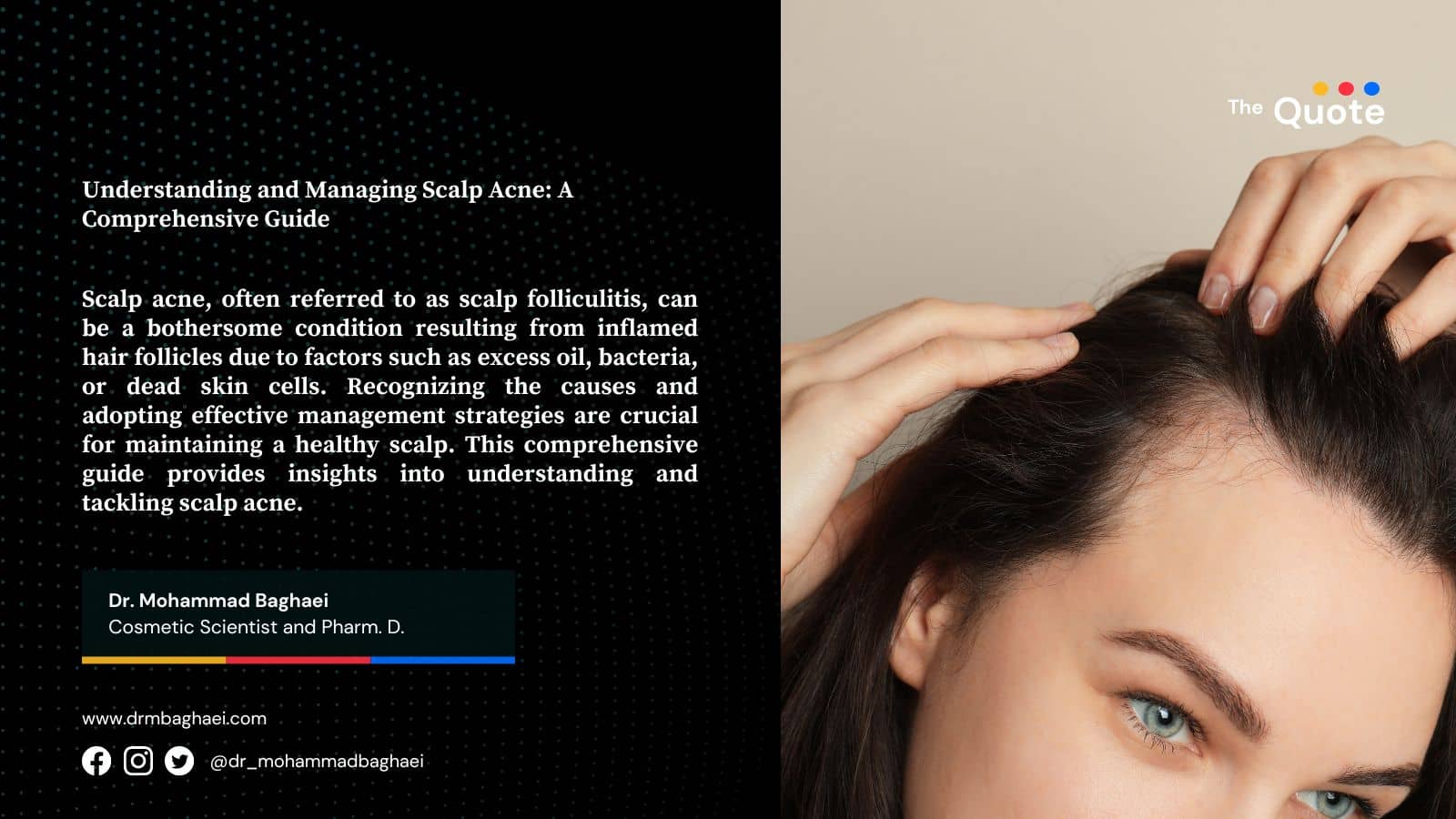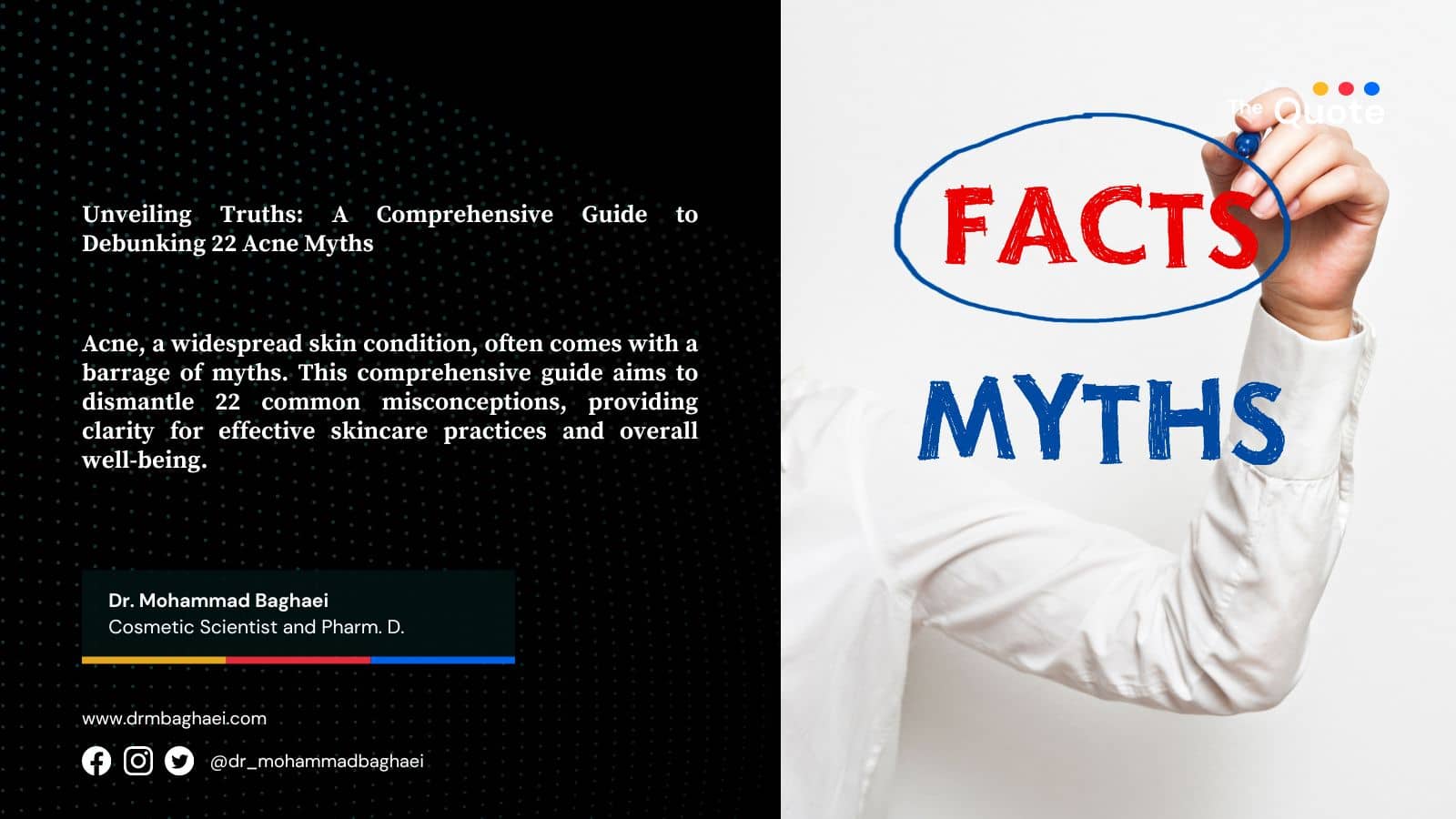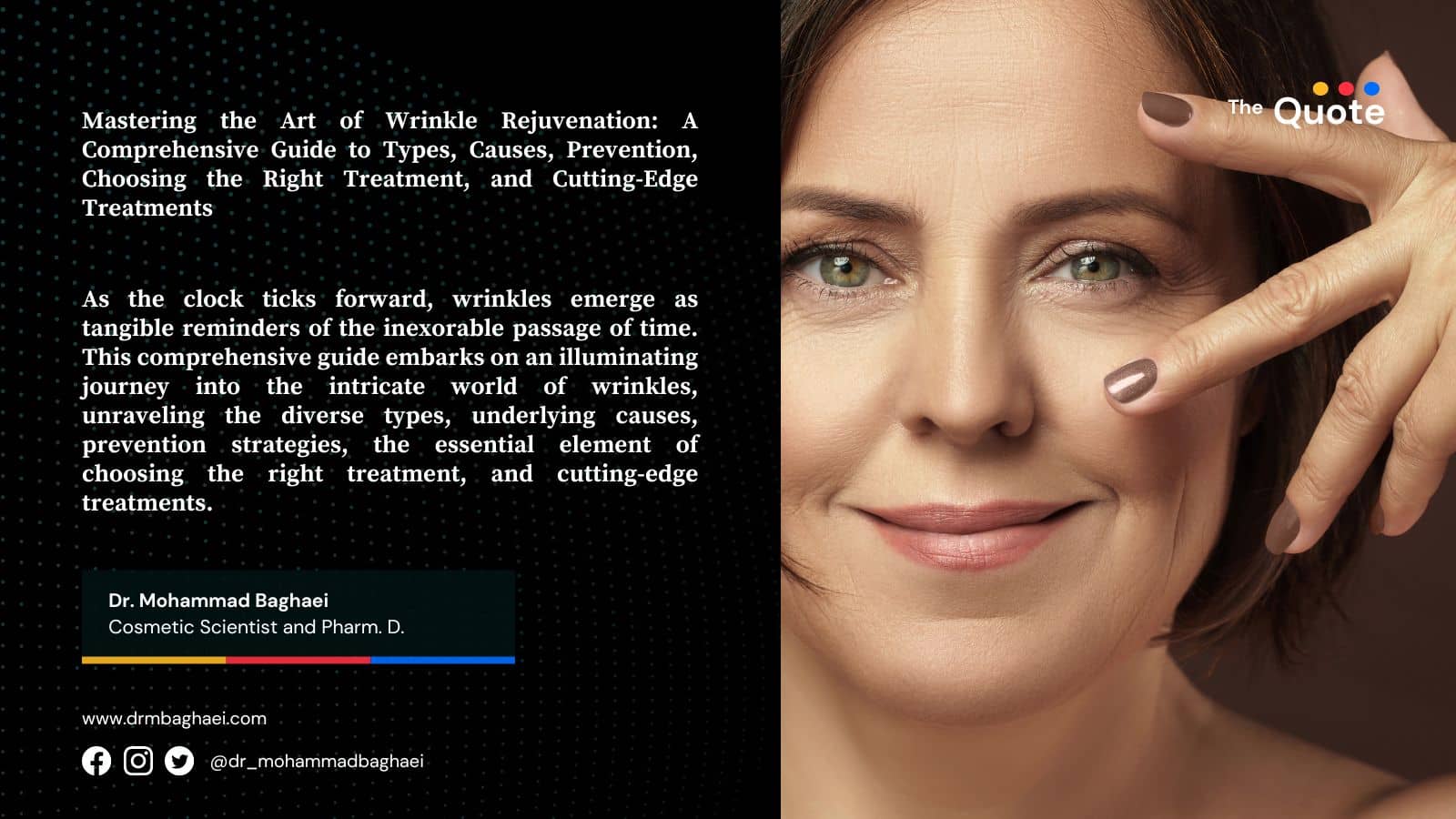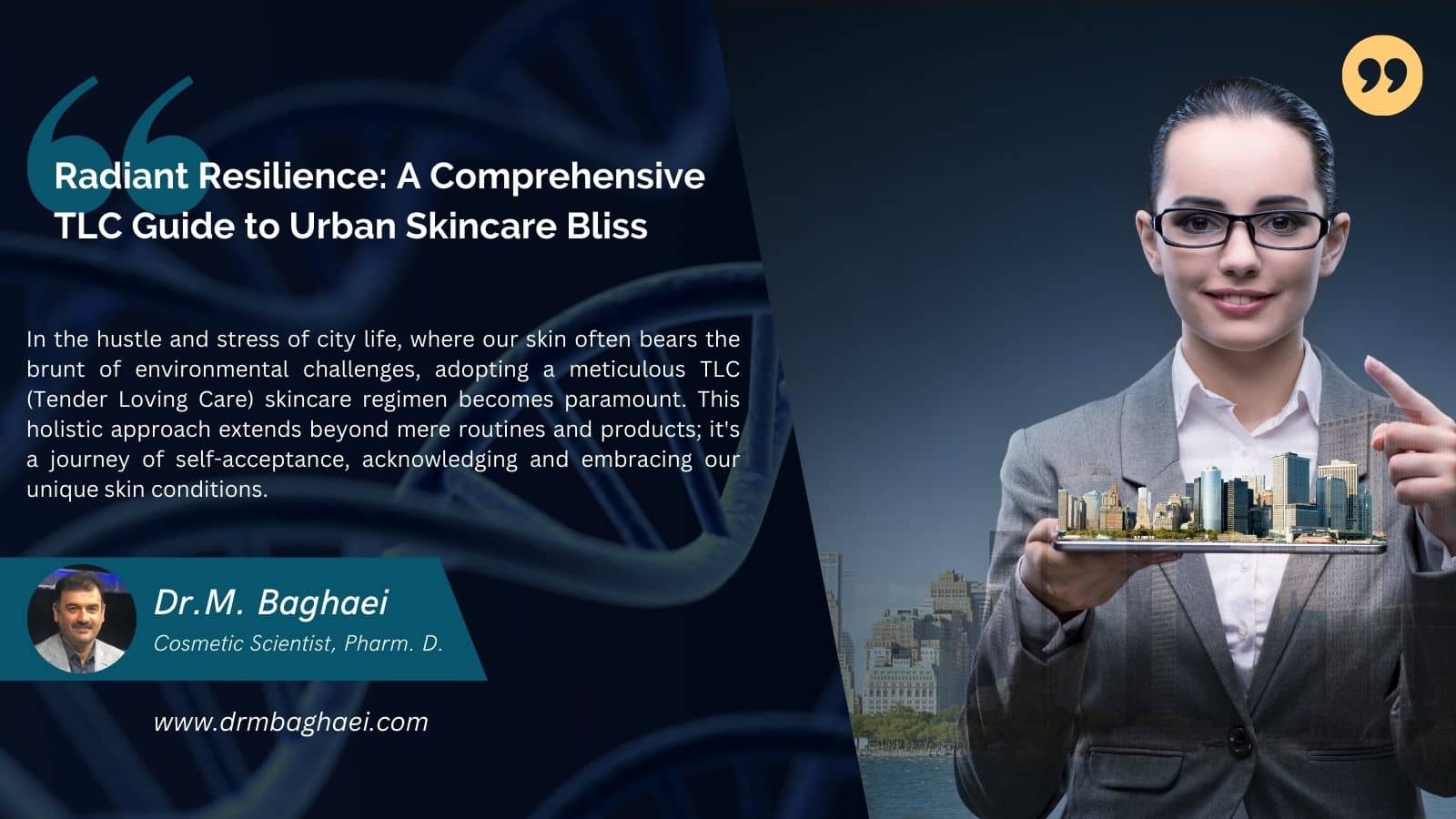Scalp acne, often referred to as scalp folliculitis, can be a bothersome condition resulting from inflamed hair follicles due to factors such as excess oil, bacteria, or dead skin cells. Recognizing the causes and adopting effective management strategies are crucial for maintaining a healthy scalp. This comprehensive guide provides insights into understanding and tackling scalp acne.
I. What is Scalp Acne?
Scalp acne occurs when hair follicles become inflamed, leading to the formation of small, itchy bumps or pimples on the scalp. Understanding the underlying factors contributing to this condition is essential for effective management.
II. Causes and Contributing Factors:
Excess Oil: Overproduction of oil on the scalp can clog hair follicles, contributing to inflammation.
Bacterial Presence: The presence of bacteria, particularly when combined with excess oil, can lead to follicular inflammation.
Dead Skin Cells: Accumulation of dead skin cells can block hair follicles, causing irritation and acne.
III. Effective Management Strategies:
Gentle Cleansing:
- Wash your hair regularly with a mild shampoo to maintain scalp hygiene.
- Avoid harsh or abrasive products that may irritate the skin.
Avoiding Irritants:
- Limit the use of hair products containing harsh chemicals or excessive oils.
- Opt for gentle, non-comedogenic options.
Hands-Off Approach:
- Refrain from touching or picking at your scalp to prevent worsening inflammation and bacterial introduction.
Regular Hair Washing:
- If you have oily hair, consider more frequent washing to control excess oil and prevent clogged pores.
Hairstyle Choices:
- Opt for loose hairstyles to reduce tension on the scalp, minimizing the exacerbation of acne.
Warm Water Rinses:
- Rinse your hair and scalp with lukewarm water to prevent stripping away natural oils.
Topical Treatments:
- Consider over-the-counter shampoos or treatments with ingredients like salicylic acid or tea tree oil, known for their acne-fighting properties.
Professional Guidance:
- If scalp acne persists or worsens, seeking advice from a dermatologist is recommended for personalized treatment options and guidance.
IV. Conclusion:
Effectively managing scalp acne involves a combination of gentle cleansing practices, lifestyle adjustments, and, when necessary, professional guidance. By understanding the causes and implementing these strategies, individuals can embark on a journey towards a healthier and clearer scalp.
Note: The information provided in this article is for general informational purposes only and should not be considered as professional advice. Individuals with persistent or severe scalp acne should consult with a healthcare professional for proper diagnosis and treatment.




